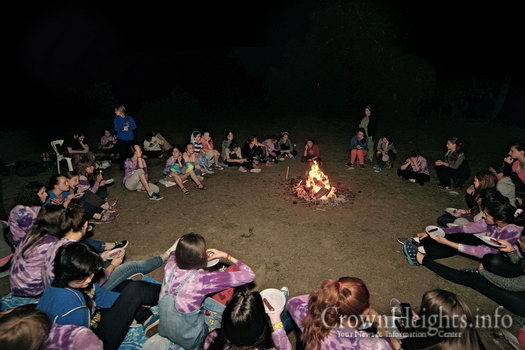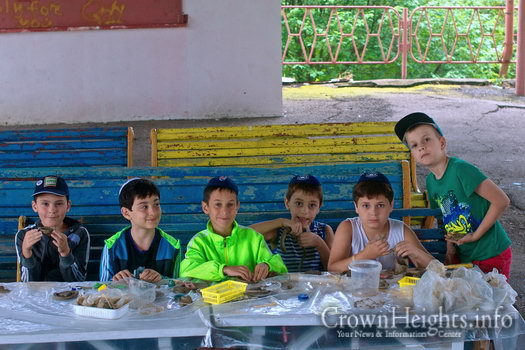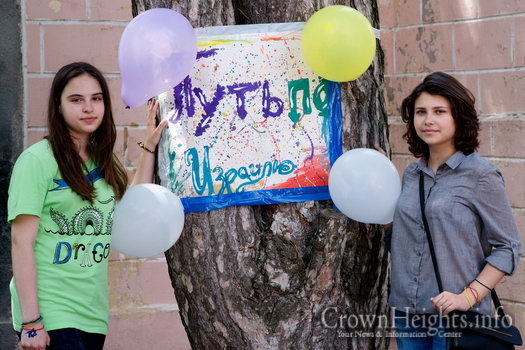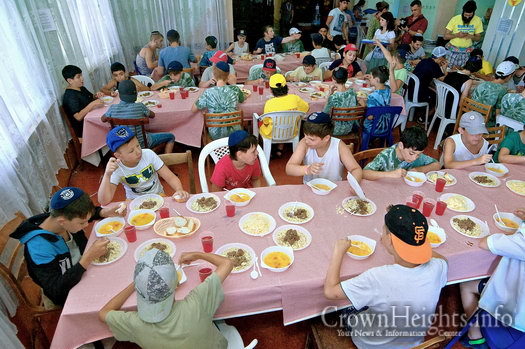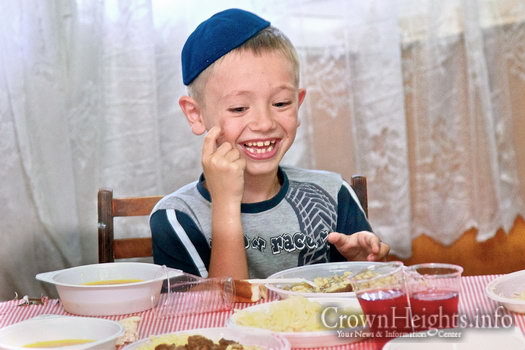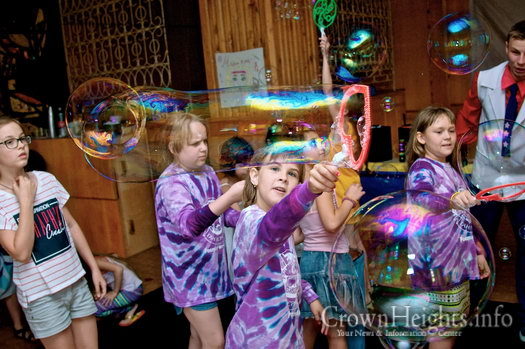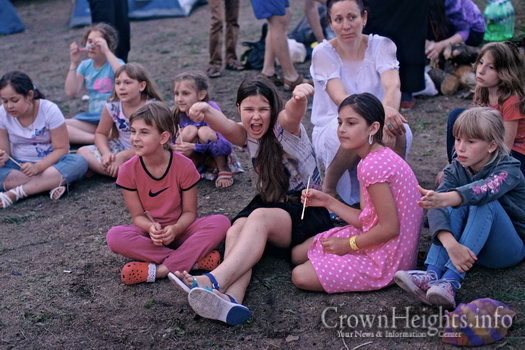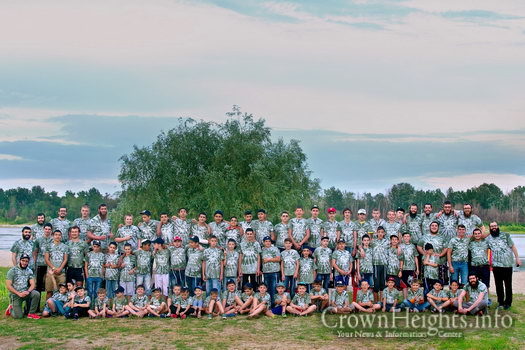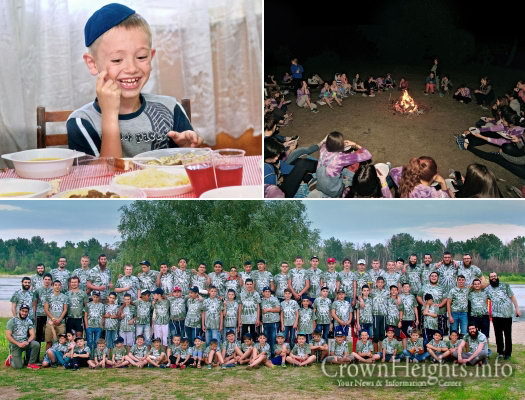
Kids from War-Torn Regions Welcomed at Rostov Camp
An inspiring example of Jewish unity was demonstrated at the FJC’s Gan-Israel camp in the Russian city of Rostov this summer. Together with the local Jewish community, the camp welcomed tens of Jewish children from war-torn Donetsk and Lugansk regions of eastern Ukraine, and in some cases, even their relatives.
This is not the first time the Rostov Jewish community extends its help to the Jews from the troubled neighboring Ukrainian regions. Since the war broke out three years ago, the Rostov community members, headed by city rabbi Chaim Danzinger, have been actively helping their neighbors with any humanitarian relief efforts possible: offering shelter, food and clothing for the refugees, organising transport logistics and filling customs declarations to send FJC’s food parcels, hosting those, who were not able to leave Donetsk and Lugansk for shabbatons, excursions and seminars.
“This is the second year we host the children from those communities in our Gan Israel camp,’ said rabbi Chaim Danzinger. “For most of them the camp is their only chance to lead a ‘normal life’ for a few weeks, receive balanced nutritious meals and immerse in a restful, relaxing Jewish atmosphere.”
While at camp, the children from the group meet with professional educators and psychologists, who help integrate the children into a normative routine and try to deal with the effects of the psychological trauma many have experienced. “Last year, only a handful of children came from the problematic regions,” Inna Shvartsman, the Rostov community coordinator said.
Often the parents were hesitant to let their children go out of fears of not being able to reunite with them after the camp, she said. This year, however, after many efforts on the part of the staff to re-assure the parents, the number of participants grew. Their participation in the camp is absolutely free – and not only that, but the camp allowed those children especially attached to their relatives (usually as a result of shock and trauma) attend the camp with their parents or grandparents in tow. “We tried to accommodate those children as much as possible – keeping siblings in one group, housing families together and so on,” said Shvartzman.
“Unfortunately these children have been through a lot,” says Mark Nekrasovsky, who accompanied the group of boys from Lugansk to the camp. “Bombings, shelling, food shortages. Of course they miss normal socializing with children their age – playing, having fun together, learning… I’m very happy we had the opportunity to bring a group of our boys here.”
His sentiment is echoed by girls from Donetsk. “This is more than a camp for us,” says 13-year old Alexandra Tamash, “this is like family. We very much hope we’ll have the opportunity to come here again.”
This special camp initiative is made possible with the help of the International Fellowship of Christians and Jews (IFCJ).
Photos courtesy of FJC

